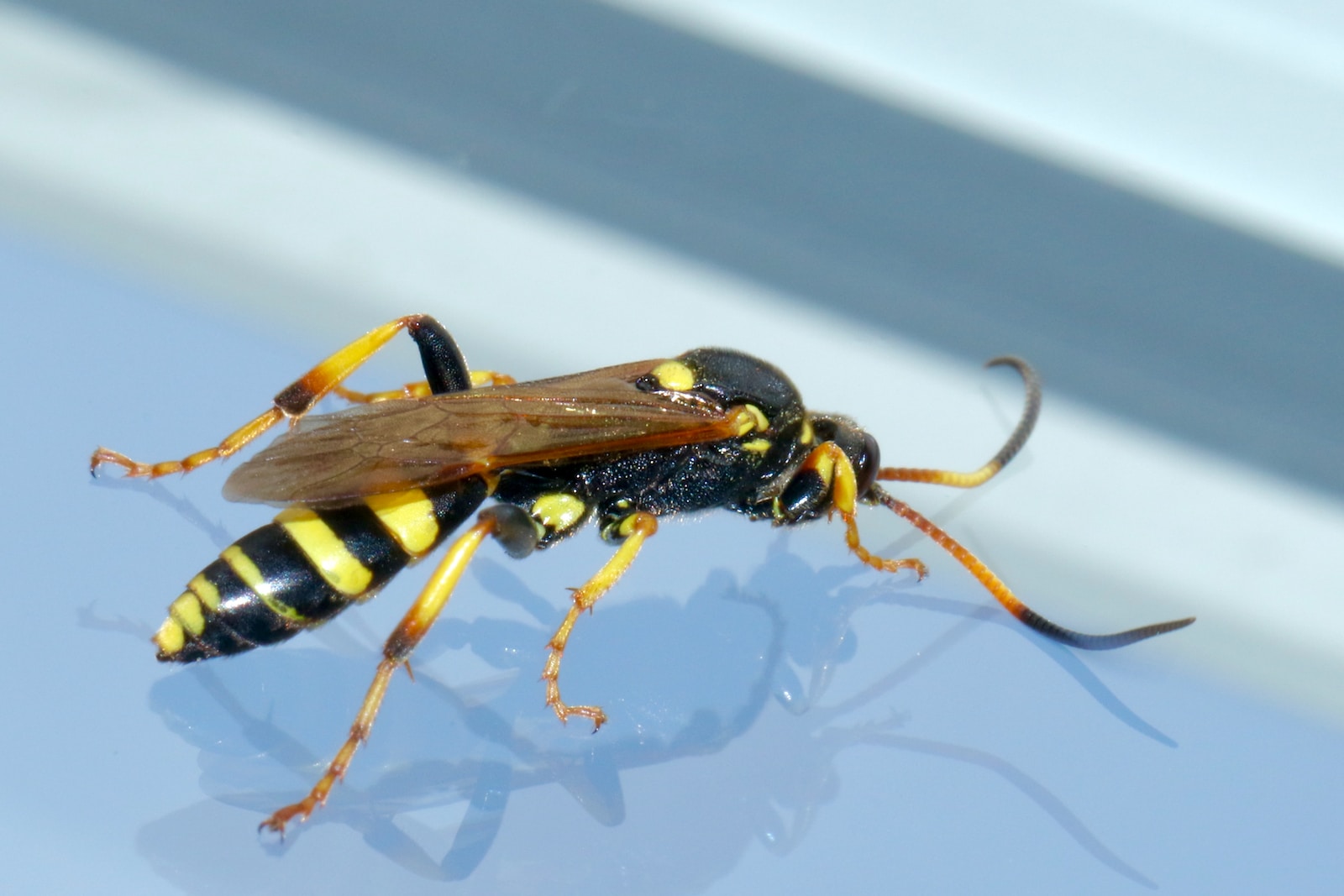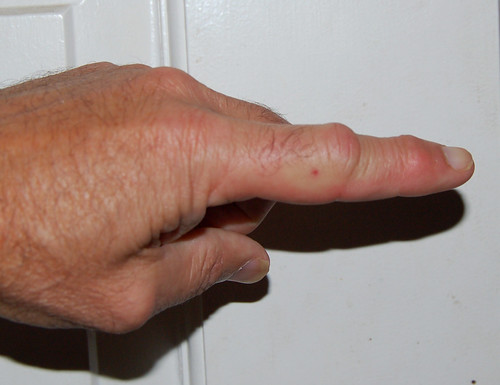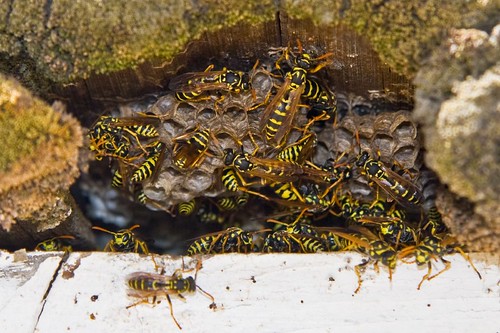Wasps can be seriously annoying. Unlike bees, wasps are more likely to sting if you annoy them. We’ve all been there: you organised a summer BBQ and invited lots of friends over for drinks and food. It was a warm afternoon, the garden was looking particularly attractive and everyone was having fun. But after a while people started to complain about wasps buzzing around and dive-bombing their drinks. Eventually someone’s child was stung and the party atmosphere took a tumble. So how can you prevent wasps from attacking?
Reasons Why Wasps Attack
You stepped on one – If you tread on a wasp, accidentally or otherwise, don’t be surprised if it stings you.
Inebriated wasps – Towards the end of summer, when the queen wasp has had enough nectar, the worker wasps are effectively out of a job. This means they are more likely to go off and snack on fermenting fruit, which makes them aggressive and prone to attacking humans.
You attacked them first – You can’t blame a wasp for fighting back if you are doing your best to squash it with a shoe or rolled up newspaper.
When Wasps are Dangerous
Being stung by a wasp hurts, but it is rarely a life threatening event. However, some people are allergic to the venom and are at risk of suffering from an allergic reaction if a wasp stings them. In mild cases the sting site swells up and is rather painful, but in severe cases, the victim goes into anaphylactic shock. Unless emergency treatment is administered, the victim’s airways swell and death is imminent.
How Not to Get Stung
Wasps generally become more of a problem in the late summer. It is at this time of the year that you are more likely to come into contact with drunken wasps that have gorged themselves on fallen fruit. Ideally you should stay well away from dozy wasps hovering around fermenting fruit, but if you can’t avoid them, walk slowly and try not to antagonise them. Other foolhardy activities to avoid include:
Poking a wasps nest with a big stick
Waving your arms around when one comes near you
Trying to swat a wasp with a solid object
Leaving a can of soda out when wasps are around and then not checking it before you take a sip
Wasps Nests in the Garden
Wasps build new nests every year, so an empty nest is nothing to worry about because it won’t be used again. In some cases you might not be aware you are hosting a wasp nest, although a loud droning noise and a sudden increase in the numbers of wasps flying around the garden is a bit of a giveaway.
Wasps are not usually a massive problem if they do decide to build a nest in your eaves, shed or attic, but if the nest grows too big or you have been stung multiple times, you may wish to have the nest removed. DIY sprays are effective on smaller nests, but if you have a massive wasps nest, it is better to call in a wasp removal expert for advice.
The author of this article, Brian Harris, is an intern at Innovative Care of the Environment Inc., a decade old firm providing wasp removal services. Brian is passionate about music and loves playing the piano with his wife, Mary.



Leave a Reply
You must be logged in to post a comment.